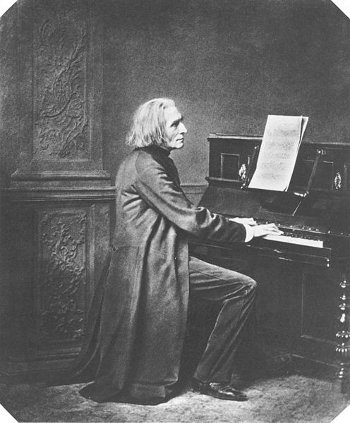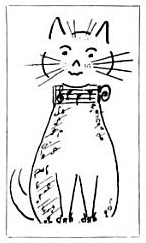
It must be confessed at the outset that Oshkosh is not a beautiful word. Its pronunciation is suggestive of a man struggling with a mouthful of hot mush, and to the irreverent it is a perfect rhyme to ‘gosh.’ But, on the other hand, the word has its advantages. It is an ideal word for advertising purposes. Once heard the word cannot be forgotten. Furthermore, to say that one comes from Oshkosh is in itself a mark of distinction. To be sure, few persons do come from Oshkosh. They are afraid of being made fun of, but when they do wander from the Oshkosh fireside, they attract as much attention as the pachyderm contingent of a circus parade. In a drawing-room the citizen from Oshkosh is the cynosure of all eyes, and he need fear but three rivals–the man from Kalamazoo, the man from Kokomo, and the man from Keokuk.
— Rochester Post Express, March 26, 1911


